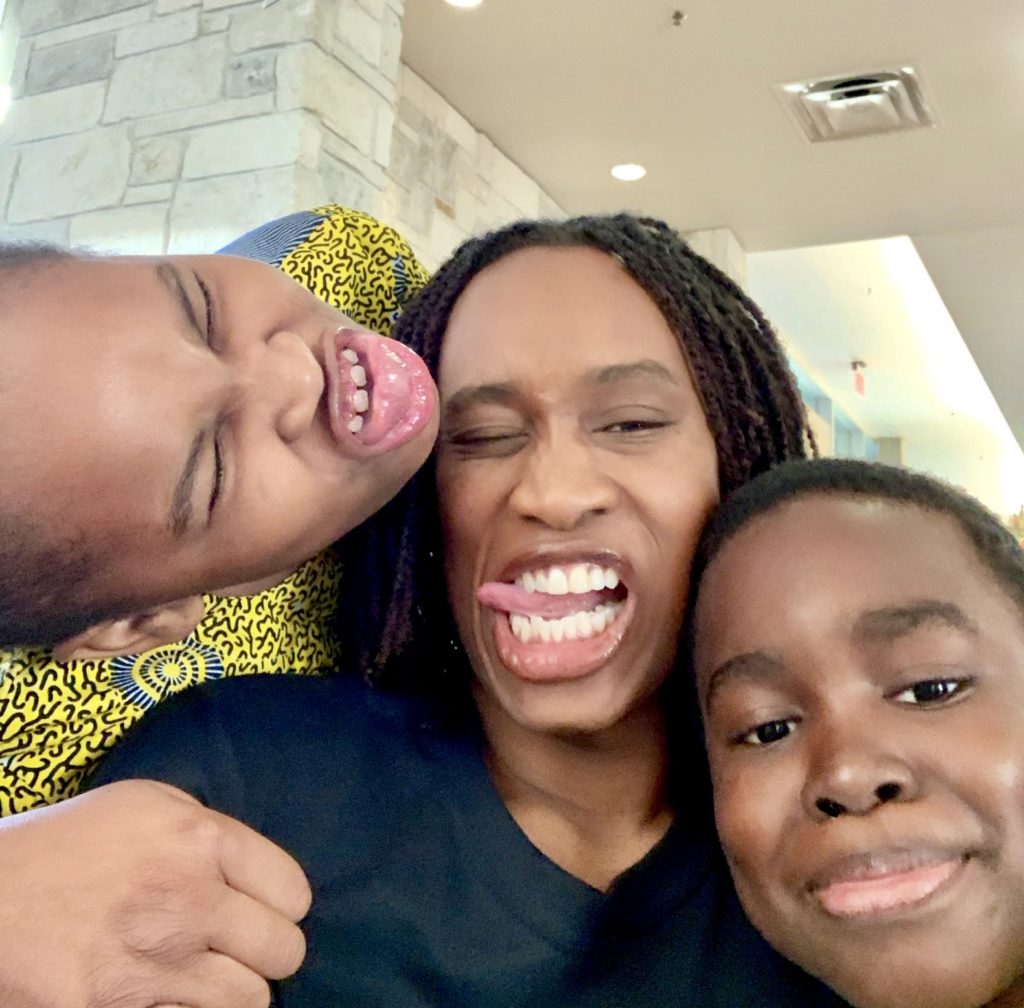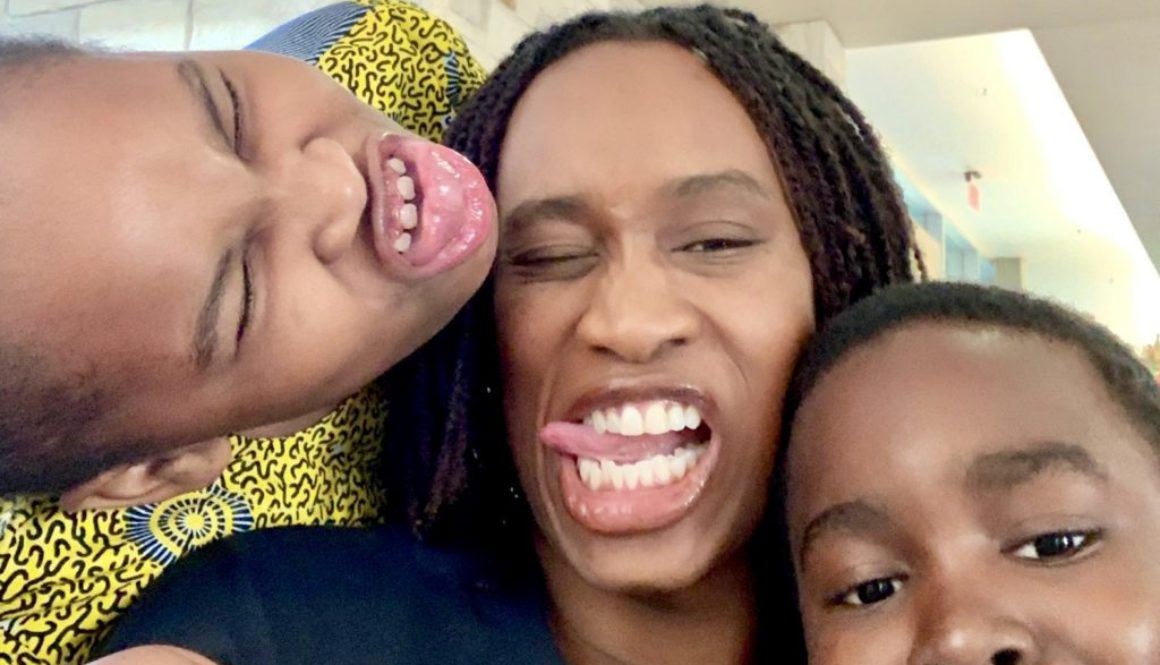Morenike Giwa Onaiwu

What is your name and where are you from?
Morenike Giwa Onaiwu, Houston, Texas, USA
When were you involved with the ACTG?
I got involved in 2009, and am still involved today (2019)
Describe your community
Houston is a big city but we’re still in Texas, we’re still in the Bible Belt. So we are a city that doesn’t really know ourselves. We’re modern but we’re not. We’re a small town but we’re a big city.
We have an established group of individuals here that are pretty passionate about HIV activism. But one thing I would like to see more of is youth engagement. I think that’s something we really could work on. We have a lot of old heads, in terms of the time they’ve been in the HIV world. They’ve been around for a while. And I’m not saying the torch necessarily needs to be passed, but there’s a lot of things our younger activists have to say and a lot of wealth that they bring. It just isn’t integrated as well as I think it could be.
There are a few really up and coming people that I’m seeing that are pretty neat. A few young males of color who are involved in social justice advocacy and HIV activism. We have a burgeoning group of HIV criminalization activists, and we are very much finding our wings. It’s new because we don’t have an HIV criminalization law in our state, but we have a lot of old school country prosecutors who are using HIV as a way to enhance sentences.
Why are you involved in HIV/AIDS activism?
I got involved because I was pretty angry about the way things were. I had a rude awakening about the real world. The 80s were technically a long time ago, but they’re still among us in the way people view people living with HIV and a lot of things that people say and a lot of policies. I felt kind of hopeless and wanted to do something. For me it’s been a way to really improve lives. As a person that’s in an HIV affected family, I try to look at the whole picture.
What are the most important treatment issues to your community?
We need to have more acceptance, we need to have better policies, we need to have better treatments, we need to eradicate stigma because stigma kills. Stigma is a lot of the reason why we have increased rates of HIV because people don’t want to get tested. There’s a lot of things involved. But ultimately we need a cure for HIV. It’s just…it’s a killer.
How do you want your work in the ACTG to be remembered?
I hope that people will remember my work as a piece of a greater whole. There’s an African proverb that states, “When spider webs unite, they can tie up a lion.” I hope that people will look at our collective work as something that made a difference.
Additionally, I hope that I helped to demonstrate that there’s a place in this work for all of us, no matter our background, no matter our differences, no matter our shortcomings. I came into this work as a 20-something year old working-class Black woman living in the South; I had a baby on one hip and another on the way – yet I have helped to make lasting changes that have had an impact on the HIV community on a global scale. I’m an imperfect person with an imperfect life, but my voice matters, and I hope I inspire others to recognize that theirs does as well.
What are your future hopes for the ACTG and HIV research?I yearn for the day that there will no longer be a need for the ACTG because we will have not only found a cure, but as a society we will have addressed many of the systemic inequalities that drive the epidemic. That’s my “big” hope. In the short-term, I want to see increased focus within the ACTG and HIV research in general on many of the factors that result in disparities and suboptimal outcomes among those in our community with multiple marginalizations – especially related to the intersections of various identities including gender, race, age, ability, and mental health. We’ve made progress in this area, but there is still a great need. I also hope that within the ACTG researchers and community continue to have a transparent, symbiotic, mutually respectful partnership, and that this model will be one that others will adopt.
